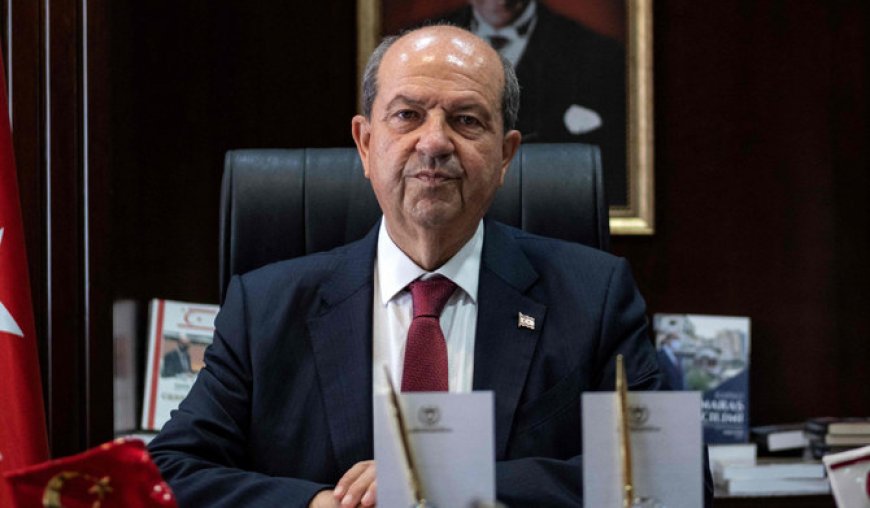Ersin Tatar, the president of the Turkish Republic of Northern Cyprus (TRNC), has underscored his administration's ongoing efforts to secure international recognition for the breakaway state in northern Cyprus. In an exclusive interview with AFP, Tatar expressed aspirations to end the decades-long isolation faced by Turkish Cypriots, marking the 50th anniversary since the division of the Mediterranean island.
"Every day, we are working for recognition," stated Tatar, lamenting the international embargoes and isolation imposed on Turkish Cypriots since the declaration of the TRNC in 1983, which has only received recognition from Turkey.
The division of Cyprus stemmed from Turkey's military intervention in 1974, responding to a coup orchestrated by Greece's junta aiming to unite the island with Greece. The aftermath of the invasion delineated the island along ethnic lines, with Greek Cypriots predominantly residing in the south and Turkish Cypriots in the north. This geopolitical shift saw approximately 170,000 Greek Cypriots displaced from the north, while about 40,000 Turkish Cypriots moved northwards from the south.
Despite the TRNC's establishment and subsequent development, the lack of international recognition has constrained its economy, particularly in sectors like tourism, where direct flights are hindered by diplomatic challenges. Tatar highlighted the disparity in economic prosperity between the Greek Cypriot-dominated south, which enjoys European Union membership benefits since 2004, and the north, which remains economically marginalized.
Efforts to reunify Cyprus under a UN-backed bizonal, bicommunal federation have repeatedly faltered, with the last significant talks collapsing in 2017. Tatar asserted that in the absence of progress towards reunification, a two-state solution is the pragmatic way forward for Turkish Cypriots.
The UN, represented by peacekeepers patrolling the buffer zone between the two sides, continues to advocate for renewed negotiations between Greek Cypriot and Turkish Cypriot leaders. However, Tatar emphasized the need for any resolution to be based on equal sovereignty and fair terms for both communities.
Reflecting on the historical context of Turkey's military intervention in 1974, Tatar described it as a pivotal moment that safeguarded Turkish Cypriots from escalating violence and discrimination in the preceding decade. He pointed to the 1960 Treaty of Guarantee, which conferred intervention rights to Turkey, as legitimizing Turkey's role in the conflict.
Addressing criticisms and challenges faced by the TRNC, Tatar underscored its achievements in state-building despite adversities. He highlighted the transformation of northern Cyprus from a war-torn region into a functioning state with modern institutions and governance structures.
As discussions on Cyprus' future continue amidst geopolitical complexities, Tatar's advocacy for recognition reflects ongoing aspirations and challenges for Turkish Cypriots striving to assert their sovereignty and integration into the international community.














































